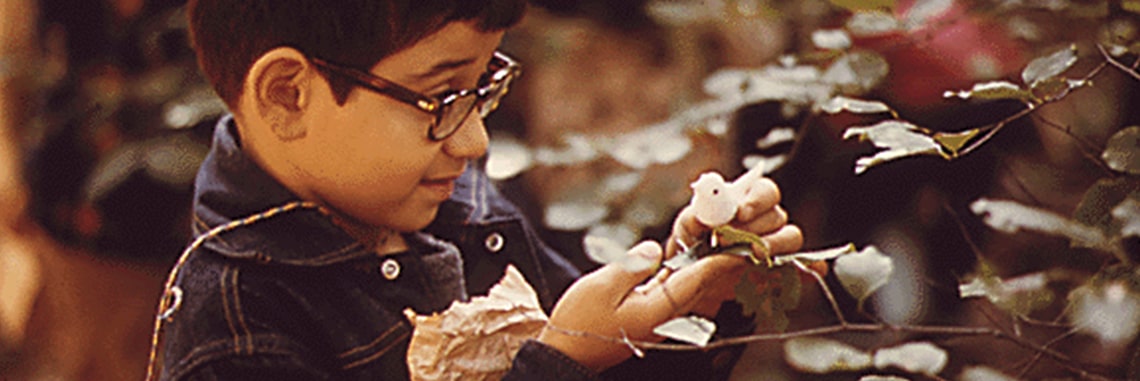
Friendship and Grace
God as Friendship
Friday, April 16, 2021
As I was preparing for The Shape of God conference on the Trinity in 2004, I discovered the teachings of Richard of St. Victor (1110–1173), a medieval philosopher and theologian. For years, people had been telling me, “Richard, read Richard!” So I finally did, and he gave me the powerful insight that the Trinity can be summed up as mutual friendship between three. Absolute Friendship! I really believe this is something we might be able to hold on to in our spiritual lives.
In essence, he said, for God to be good, God can be one (but we always have doubts about a lone monarch). For God to be loving, God has to be two, because love is always a relationship of giving and receiving. The real breakthrough comes when Richard of St. Victor says that for God to be joy-filled and happy, God has to be three. [1] Delight comes, he says, from two together enjoying and rejoicing in the same thing at the same time. It is like new parents loving their new child that they cannot stop admiring. The love then flows in an eternal circle instead of back and forth between two. Each of the three takes their part in revving the engine of desire and delight.
His theology places friendship right at the heart of God! Denis Edwards, another theologian I appreciate, describes the theology of Richard of St. Victor in this way:
Richard [of St. Victor] sees the self-transcending love of friendship as the high point of human life and argues that such friendship must be found in God. . . . Real friendship is love which goes from the self to the other. . . . Richard’s insight into friendship leads him to suggest that real love does not remain with the two but wants to share love with another. For full love we look for one who can share our love for the beloved. Richard sees the friendship in the Trinity as ecstatically breaking out beyond the two to include a third. . . . There is no sense in which this common [third] friend is loved any less than the other two. In the love of the divine Persons, Richard sees supreme love flowing equally in all directions. [2]
When I read Richard of St. Victor, it reminded me of a dilemma I faced when I first started becoming rather well-known. (Forgive me if that sounds arrogant!) There were a lot of people who wanted to get close to me and be my friend. I asked myself, how do I allow all these would-be friends? I realized that the people I really loved with great abandon and freedom were not just people who loved me, but people who also loved what I loved.
Optimally, both parents fall in love with the challenge and joy that is their baby. The child that they’re in love with holds the couple together in a kind of ecstatic and willing-to-serve excitement. Love is no effort then; it flows in each new moment between the One who agrees to start the Flow, the Second who receives and reciprocates the Flow, and the Third who becomes the beneficiary and the Flow Itself. And they are constantly changing places! Think about that for a few hours. You will not want to live anywhere else.
References:
[1] Richard of St. Victor, The Trinity, book 3, chapters 14–15. See Richard of St. Victor, trans. Grover A. Zinn (Paulist Press: 1979), 387–389.
[2] Denis Edwards, The God of Evolution: A Trinitarian Theology (Paulist Press: 1999), 21, 23.
Adapted from Richard Rohr and Cynthia Bourgeault, The Shape of God: Deepening the Mystery of the Trinity (Center for Action and Contemplation: 2004), DVD, CD, MP3 download.
Story from Our Community:
These meditations enrich our lives with different ways of seeing, so important in the narrow tradition I grew up in. I found the gift of Jesus at twelve, but he was wrapped in the culture of the missionary church. We have spent years letting go of the wrapping and keeping the gift. God has used Fr. Richard and Brian McLaren to teach us the depths of meditation, giving us a new awareness of our place in the universe and how connected to everything we are. —Nel S.

